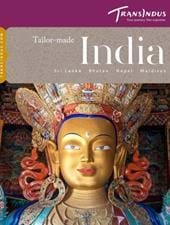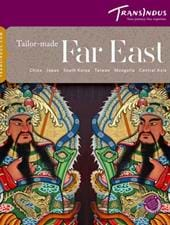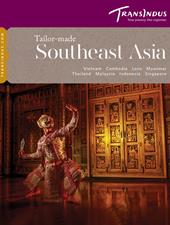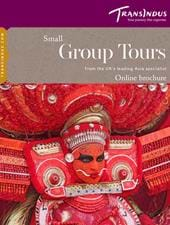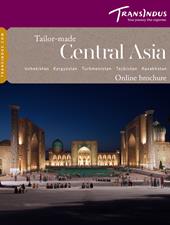Kolkata, or ‘Calcutta’ as it was known prior to 2001, is the capital of West Bengal state, and India’s third largest city, with a population of approximately 14.1 million. The trading post originally founded by the East India Company in the 17th century served as the country’s capital until 1911, and continues to be a major regional hub, albeit one with well-chronicled problems.
The economic stagnation that has blighted this sprawling, charismatic metropolis since Independence is often attributed to the fact is was governed for 34 years by the world’s longest surviving democratically elected Communist government. Kolkata’s left-leaning political scene is very much a part of its rich intellectual heritage. The so-called Bengali Resistance of the 19th and 20th centuries played a seminal role in India’s Independence movement, and the city has spawned liberal traditions in film, art and literature, as well as a string of Nobel Laureates.
The backdrop to this vibrant cultural life is an architectural heritage spanning two-and-a-half centuries of colonial rule. Built to commemorate the British Raj at its zenith, the Victoria Memorial is Kolkata’s most grandiloquent monument – a stately blend of British, Mughal, Deccani, Moorish and Venetian styles whose marble domes soar majestically above the banks of the Hooghly River, surrounded by ornamental lakes and parched maidans.
Elsewhere in the city – connected by an efficient Metro system – lies a wealth of museums and art galleries, the famous Kali Ghat temple (after which the city was originally named) and hallowed turf of the Eden Gardens, high altar of Indian cricket. But above all, Kolkata is a place whose everyday sights frequently prove the most arresting: the flower sellers spreading out their wares in the dawn light at Mullick Ghat; the wrestlers, devotees of the Monkey God Hanuman, exercising on the nearby riverside steps; the overloaded barges of straw arriving at Kumartuli Ghat, where voluptuous deities are fashioned out of clay for the annual Durga Puja festival; and the streams of rickshaws, trucks and pedestrians pouring across Howrah Bridge at rush hours.

